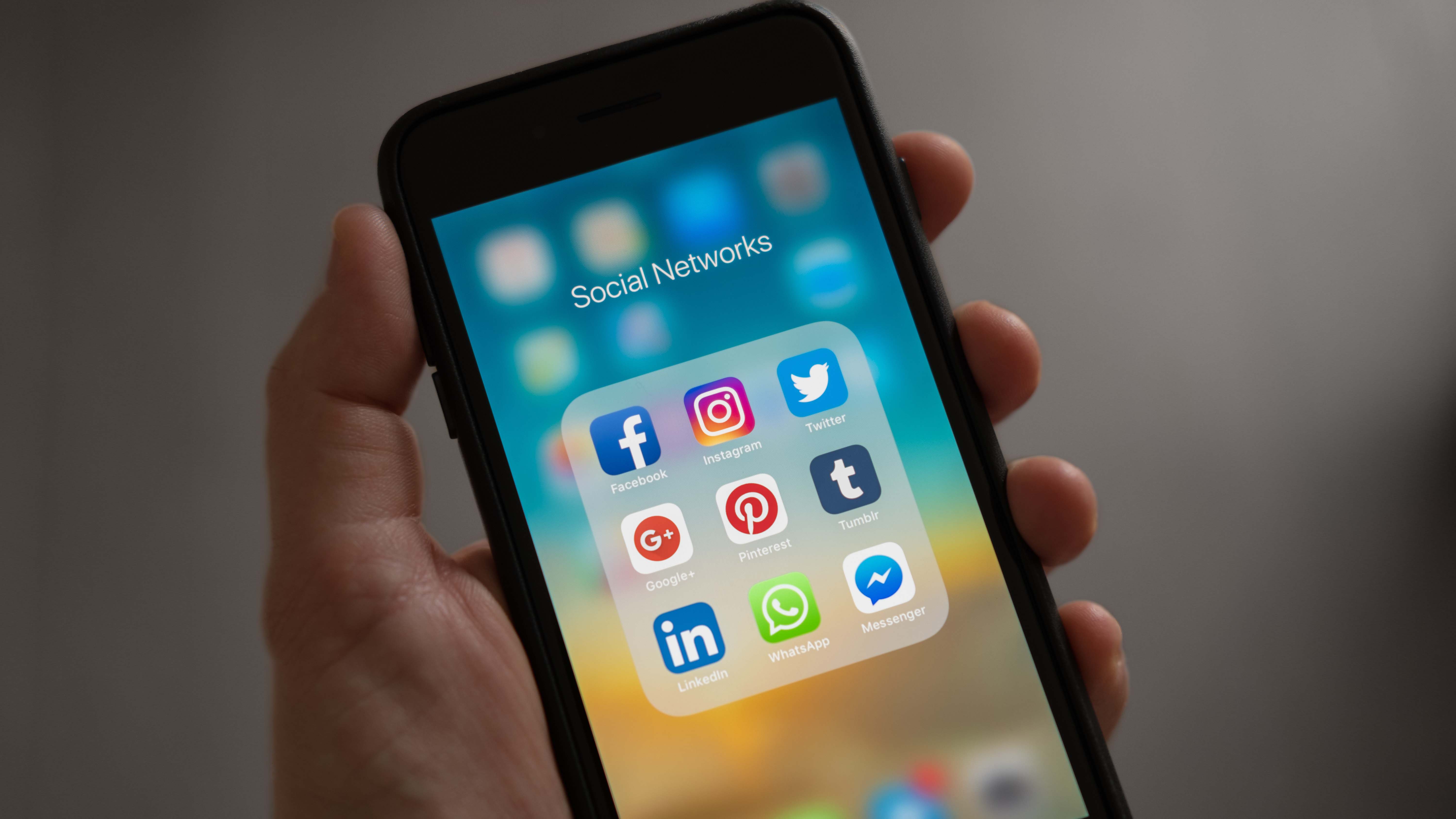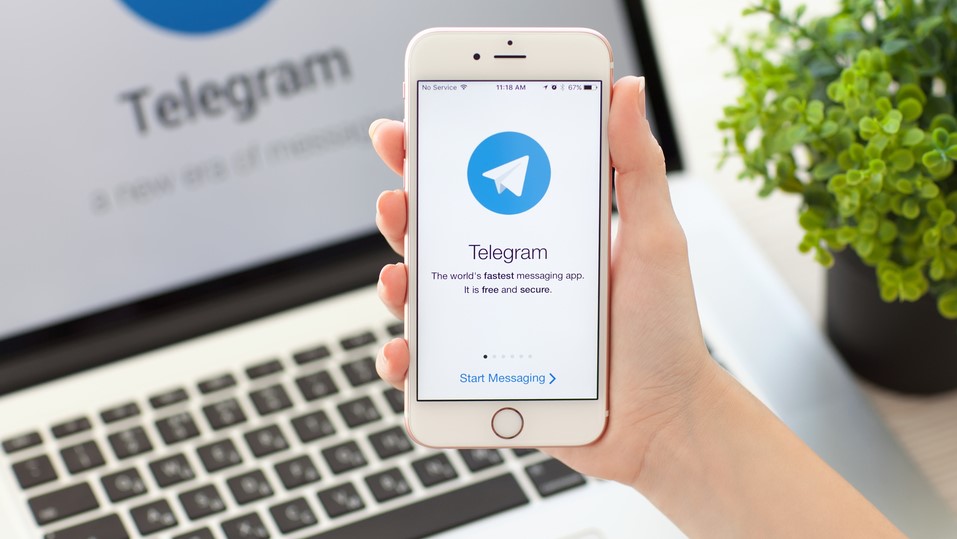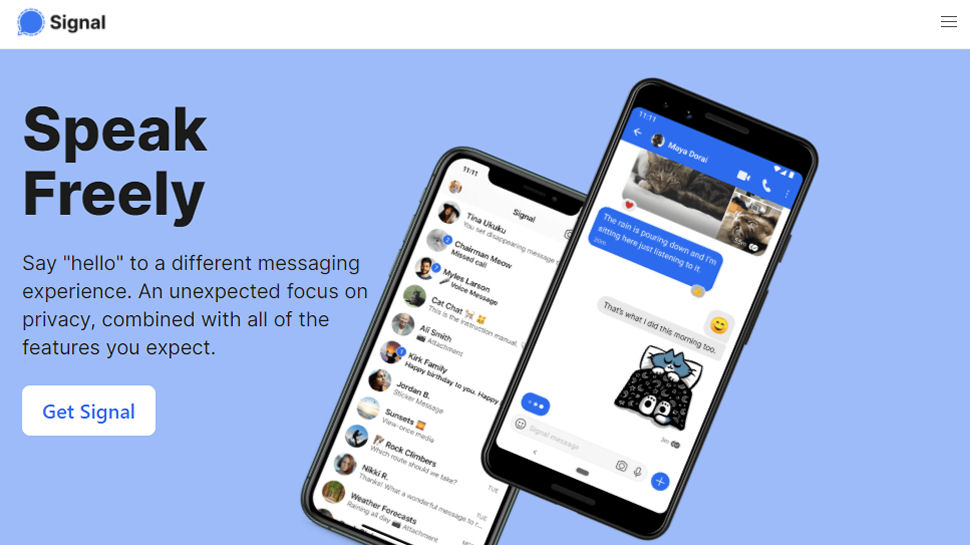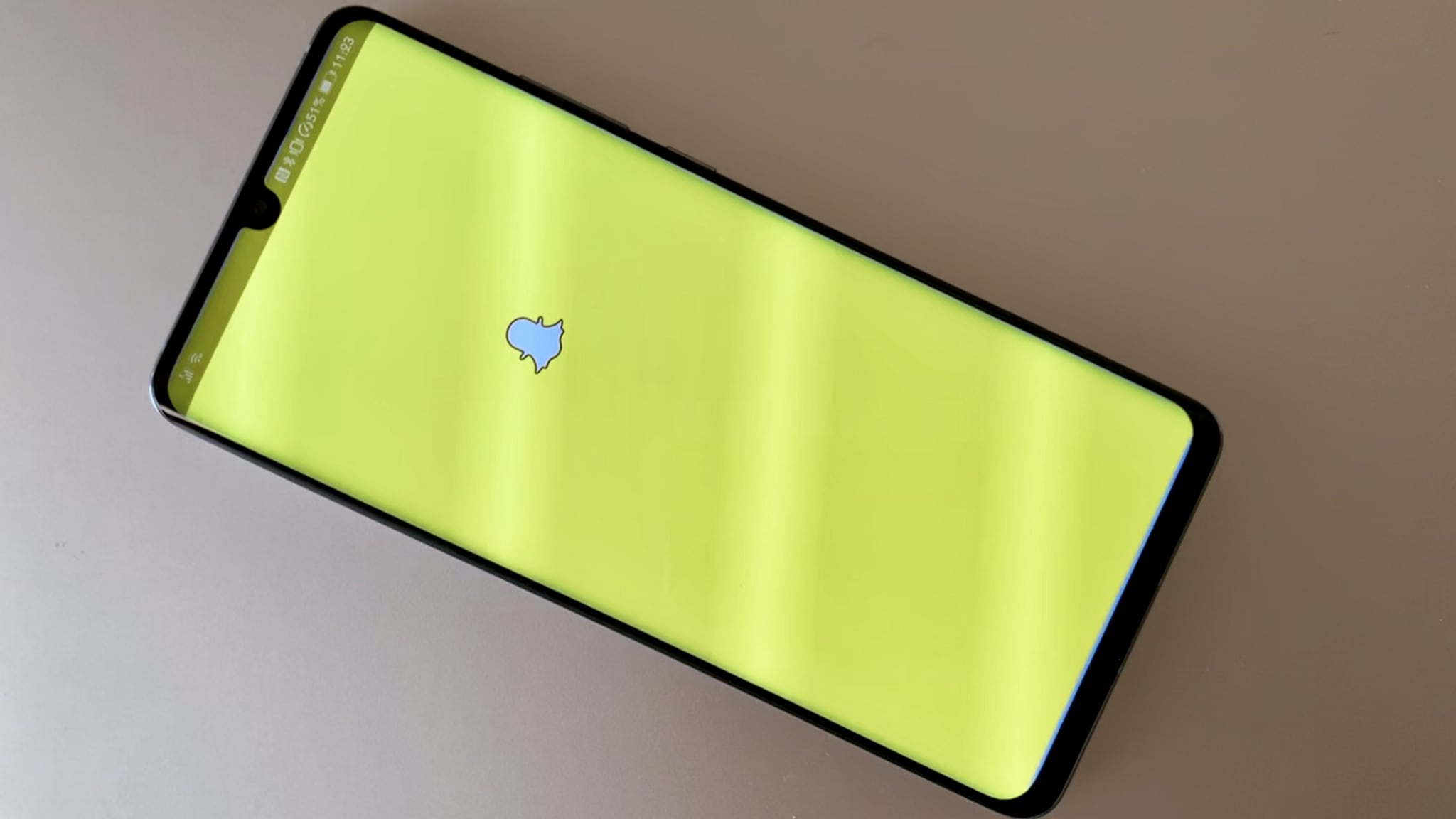Concerned about your WhatsApp privacy? Here are the best alternatives
Time to switch

Ever since Facebook acquired WhatsApp, we all knew that at some point in time, your personal data will be shared with the social media giant. And there was a little doubt about how that data will be used.
After 6 years, the day has finally come. With WhatsApp updating its privacy policy the writing is loud and clear. The Facebook-owned platform is now arm twisting the users to either accept the policies or get ready to lose access to the application going forward.
Had this been any other application, accepting most policies would not have been a concern at all, however, it is important to understand Facebook’s intentions behind the update.
- WhatsApp has updated its privacy policy: Your choice is to accept it or delete app
- WhatsApp update shows how multi-device linking will look
- WhatsApp Pay: How to setup, send and receive money
What’s wrong with WhatsApp’s new privacy policy?
For a messaging app that has a massive user base and impact as WhatsApp has, it needs to remain available for free to continue being the primary messaging app on your phone. Hence even after the policy update, there is no change in its pricing structure and WhatsApp remains end to end encrypted and free.
However, that’s where the good part ends.
As they say about technology, if the product is offered free then you’re the product.
According to the new policy, WhatsApp seeks your consent to not only collect and share your data like “your phone number, transaction data, service-related information, information on how you interact with others (including businesses) when using our Services, mobile device information, your IP address, and may include other information identified in the Privacy Policy section entitled ‘Information We Collect’ or obtained upon notice to you or based on your consent.”
Get daily insight, inspiration and deals in your inbox
Sign up for breaking news, reviews, opinion, top tech deals, and more.
In simple words it means that from now on WhatsApp will track which group are you most active in, your broadcast list, kind of messages you forward, the number of WhatsApp calls you made and to whom, your spending habits (remember you also have WhatsApp Pay now), the places you visit often, your status messages etc and share them with Facebook and Instagram.
Eventually, this will result in Facebook knowing every bit about you and serving you “relevant” ads on each platform accordingly. For example, if you’ve been posting statuses about enquiring about a specific car model, Facebook will share that information with its advertisers and voila you’ll see ads of the competitor’s car on Facebook, WhatsApp, Messenger and Instagram.
Similarly, if you’ve made a payment using WhatsApp pay at a prominent coffee outlet or posted a story of you enjoying a cup of branded hot coffee in chilly winters, the chances of you seeing ads of luxury items are more than someone who’s enjoying a samosa or a kachori in the same weather.
If that's not all, WhatsApp's new policy states that it can store your messages, forwards, IP addresses, your phone number including area codes which helps estimate your broad location on Facebook’s data servers which can be located at foreign locations.
Your business catalogue is also not safe if you use WhatsApp Business and Facebook may sell the insights to your competitors based on the traction that your products get.
And in case you want to delete your WhatsApp account, this new policy has you covered there as well. It reads “When you delete your account, it does not affect your information related to the groups you created or the information other users have relating to you, such as their copy of the messages you sent them.”
“You will have to dig deeper to wipe off your data from Whatsapp if you want to delete your account," says WhatsApp.
Best free WhatsApp alternatives
Now that you’ve read the new policies and its impact, you would get an idea of how much personal information is available allowing these companies to create your 360-degree persona. Hence, in case you’re conscious about your data privacy and want to limit the amount of data these internet companies have access to, then it is time for you to switch from WhatsApp to more secured and equally feature-rich messaging platforms.

Telegram
A free and open-source messaging platform, Telegram is available on both iOS and Android apart from Windows Phone, Windows desktop, Linux and macOS. Telegram also has a substantial user base and has features that put even WhatsApp to shame. For instance, you have Channels that can virtually have thousands of participants, unlike WhatsApp Groups that have a limitation of just 249 members per group. Additionally, these channels are the best way for one-way communication where the owners and admins can share information as in when available.
Then you have regular groups as well for interactive communication and it also allows you to send messages that are 1.5GB in size and has end-to-end encryption.
Like WhatsApp, even Telegram also can be accessed from the web, however, its access was limited in India by several ISPs due to concerns related to piracy.
While Telegram has got you covered by offering one-on-one audio calls and video calls, however, in a recent announcement, its founder revealed that the platform will soon start showing ads to remain afloat. This may make it slightly less preferred option.

Signal
Signal is yet another free messaging platform that is available on both iOS and Android. It is considered to be secure and private as it does not collect any user information. It is the Signal protocol that offers end-to-end encryption on WhatsApp and is considered as the “gold standard” in encrypted communications.
While creating a new profile all it asks you is your mobile number but that too is not linked to your profile.
In terms of features, you have groups, one on one chats, disappearing messages, video and audio calls and a privacy lock to keep your friends and family members away from peeking into your messages.
This easy-to-use application has a neat user interface and is also a preferred mode of communication for the European Commission.

Skype
Probably the oldest of messaging apps in the list, Skype is still used as one of the primary modes of business communication by various companies. Available free for almost all popular operating systems, Skype offers to message, chat and video calls like no other applications.
Though some users might find a lack of fancy features like disappearing messages etc. a hindrance, however, the group video calls, clear audio calls, ability to get your international number are a few unmatched features.
Like most other applications, you can use Skype to share large files as well and thanks to Microsoft, it has deeper integration with Microsoft email service.

Snapchat
Unlike others in this list, Snapchat is more than a messaging application. It is a social media platform in itself and takes pride in introducing features like Stories and Disappearing messages that were copied by almost all other platforms including Instagram, WhatsApp etc.
You can find a ton of face mask filters that are not only fun to use but also are the highlighting feature of the application. Other regular features you get here are an ability to share files, gifs, audio and video calls apart from creating groups to chat with your friends.
It is not only easy to use the application but it also alerts you whenever someone takes a screenshot of your chats with them. Snapchat is the most innovative platform that keeps dishing out new features before any other platform and this itself makes it a worthy WhatsApp alternative.

Viber
A popular messaging platform, Viber also offers end-to-end encryption of calls, media and files exchanged using the platform. It is one of the very few chat applications that offer multi-device support, a feature that even WhatsApp is slated to come up with.
Using the Viber app, you can make audio and video calls to your contacts free of charge and similar to Skype, it offers international calls at affordable rates.
With other features include, public accounts, voice and video messages, sticker store and Viber games etc. Viber offers near WhatsApp like experience and can help you easily switch from the Facebook-owned messaging app.
- Sony PlayStation 5 India launch set for February 2; Pre-orders open on January 12
- Opinion: Smartphones that weren't all that smart in 2020
- Upcoming smartphone launches in India for January 2021: Specs, launch date, price
Want to know about the latest happenings in tech?
Jitendra has been working in the Internet Industry for the last 7 years now and has written about a wide range of topics including gadgets, smartphones, reviews, games, software, apps, deep tech, AI, and consumer electronics.
